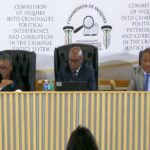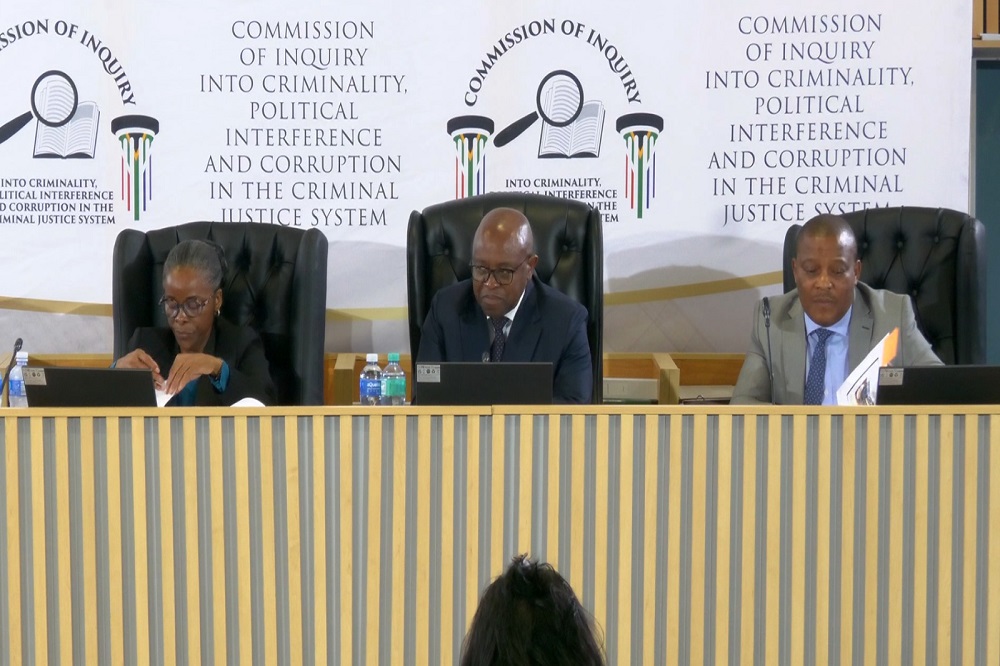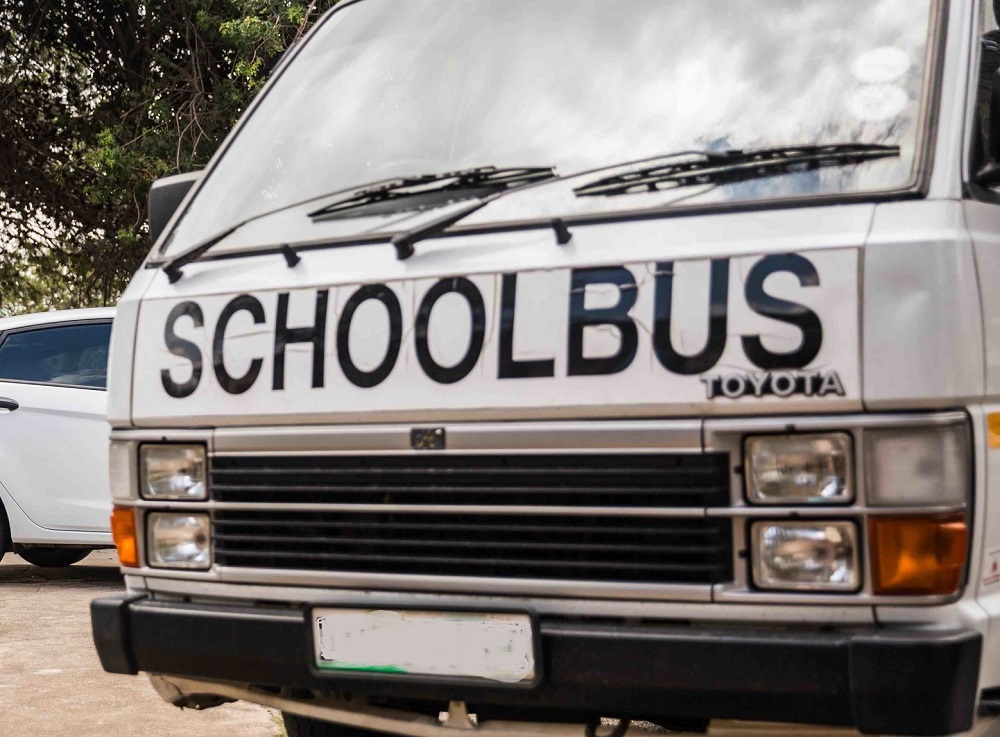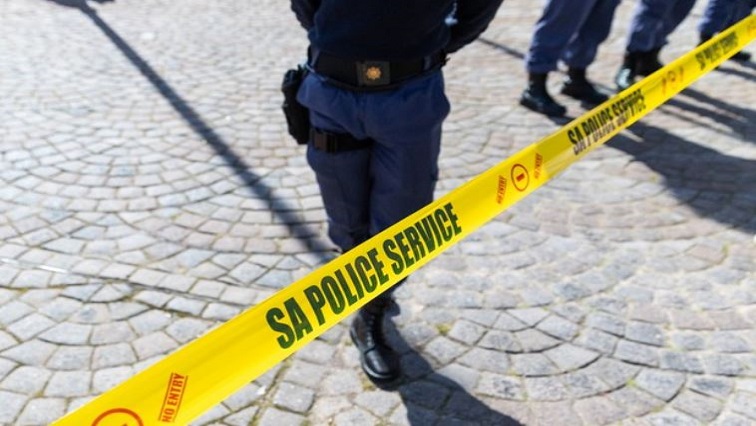-
Lab technician doing testing
Universities South Africa has called on their American research partners to lobby against the ban of foreign aid to critical research.
Last week, US President Donald Trump signed an executive order to cut financial assistance to South Africa citing disapproval with the land expropriation laws.
Universities South Africa expressed dismay at the US federal government’s decision to freeze international aid in line with President Trump’s America first policy stance.
Universities South Africa (USAf) says the decision to halt international aid will deal a devastating blow to the life-saving work of medical research.
USAf, a body representing twenty-six public universities says HIV/AIDS and Tuberculosis are no longer a death sentence due to the research work funded by USAid.
The CEO of Universities South Africa, Phethiwe Matutu elaborates, “We were able to ascertain the causality of the spread of HIV and the type of people we were dealing with remember we had to come up with all types of policies, the circumcision policies where we were trying to get young men circumcised. Those are the results of the research which was done. Young girls and the sugar daddy phenomenon, the results there. People who are sex workers and the spread of HIV coming up with gels to protect them.”
Matutu says research partnerships with the US allowed for the funding of applied and experimental research as well as the roll-out of treatment.
Matutu says the decision will not only affect patients and communities but will lead to job losses in the value chain.
“The only issue that we need to work towards as South Africans is to convince the American people, researchers in our case, we are talking about leaders of the research enterprise to put adequate pressure for research to be supported particularly international research because no country is an island, COVID has taught us that,”
The US Embassy confirmed that Trump’s executive order does not apply to the President’s Emergency Plan for Aids Relief (PEPFAR).
PEPFAR is the biggest foreign donor to SA’s HIV/Aids programmes, which has contributed more than R140 billion to the country in the past 20 years.
Meanwhile, Professor Salim Abdool-Karim, Director of the Centre for the AIDS Programme Research in South Africa (CAPRISA) says critical HIV/AIDS research programmes relying on donor funds from USAID have already been affected in the country.
Abdool-Karim says two vital research programmes aimed at HIV vaccines and modern technologies for prevention in women have been halted.
NGOs in KwaZulu-Natal, which has South Africa’s second highest burden of HIV, also say they are now in limbo with many forced to close their doors.











